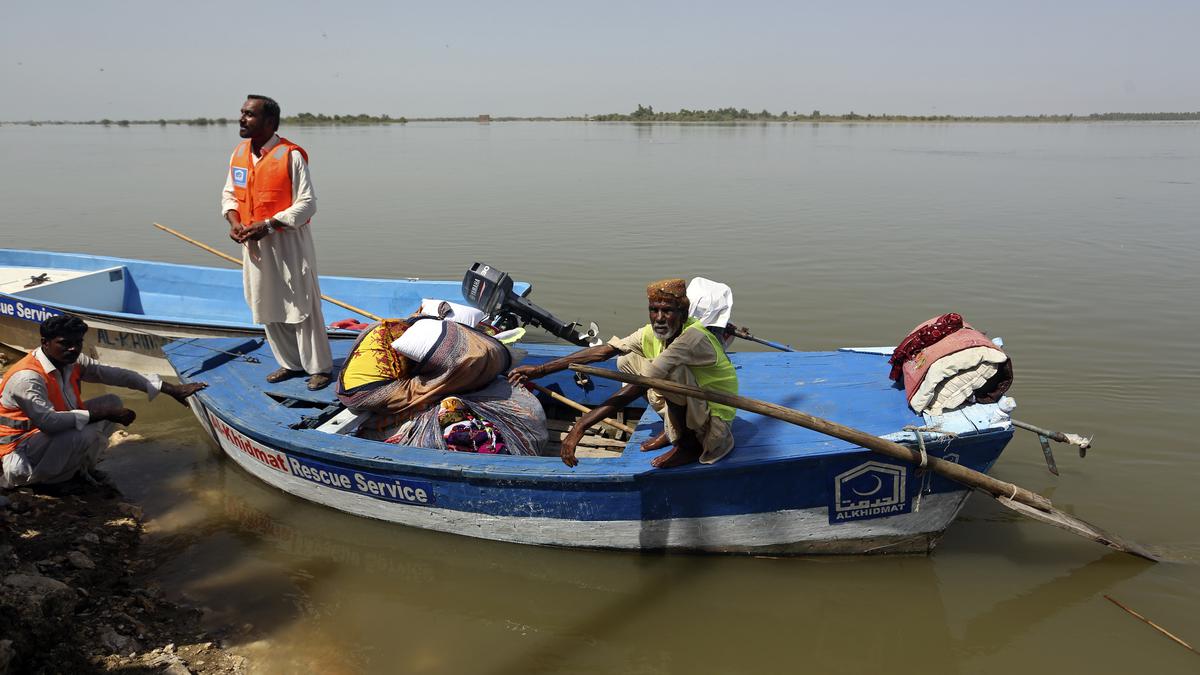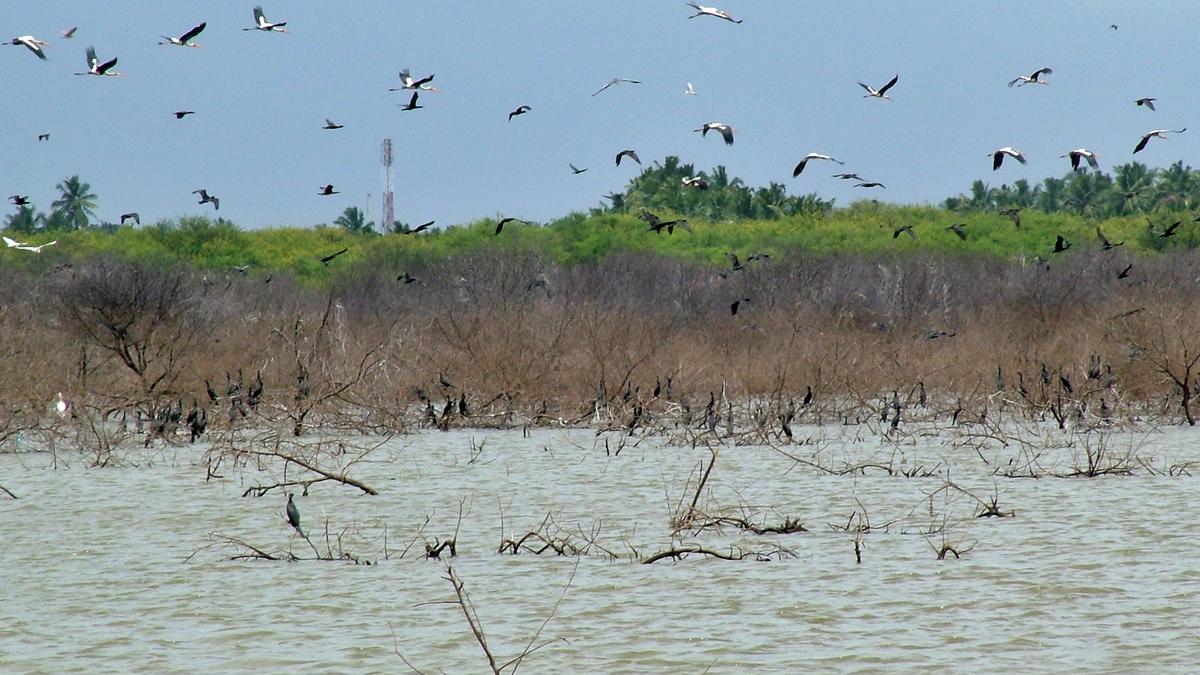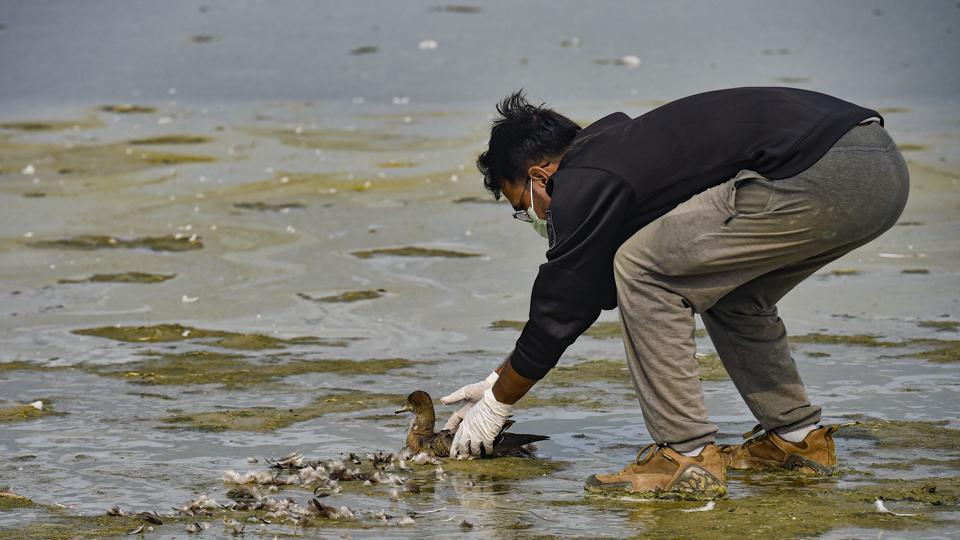
A month ago, Rajasthan health card found Sambhar Lake to be highly polluted
Hindustan TimesJust days before the deaths of about 15,665 migratory birds was observed at Sambhar Lake, the Rajasthan environment department’s health card for the lake said its water was highly alkaline, saline, of poor quality, and prone to bacterial growth - pointing to damage inflicted by pollution. The health card found that Sambhar, India’s biggest inland salt-water lake spanning 24,000 hectares, had have high levels of salinity, high level of biological oxygen demand, and about 16% of the wetland area was covered by invasive living organisms. “This means the state pollution control board has failed to control illegal activities in the lake even after a strong order by the National Green Tribunal in 2017,” said environmental activist Babu Lal Jajoo. The tribunal, taking note of wetland authority reports by Vinod Kapoor in 2010 and by National Environmental Engineering Research Institute, Nagpur, in 2016, which pointed at high pollution levels in the lake, directed the Rajasthan government in November 2016 to stop all illegal commercial activities around the lake.
History of this topic

Over 40 Migratory Birds Dead at Sambhar Lake in Rajasthan: Officials
Hindustan Times
Samdha Lake: Bird watchers too get a reason to wing it to Ayodhya
Hindustan Times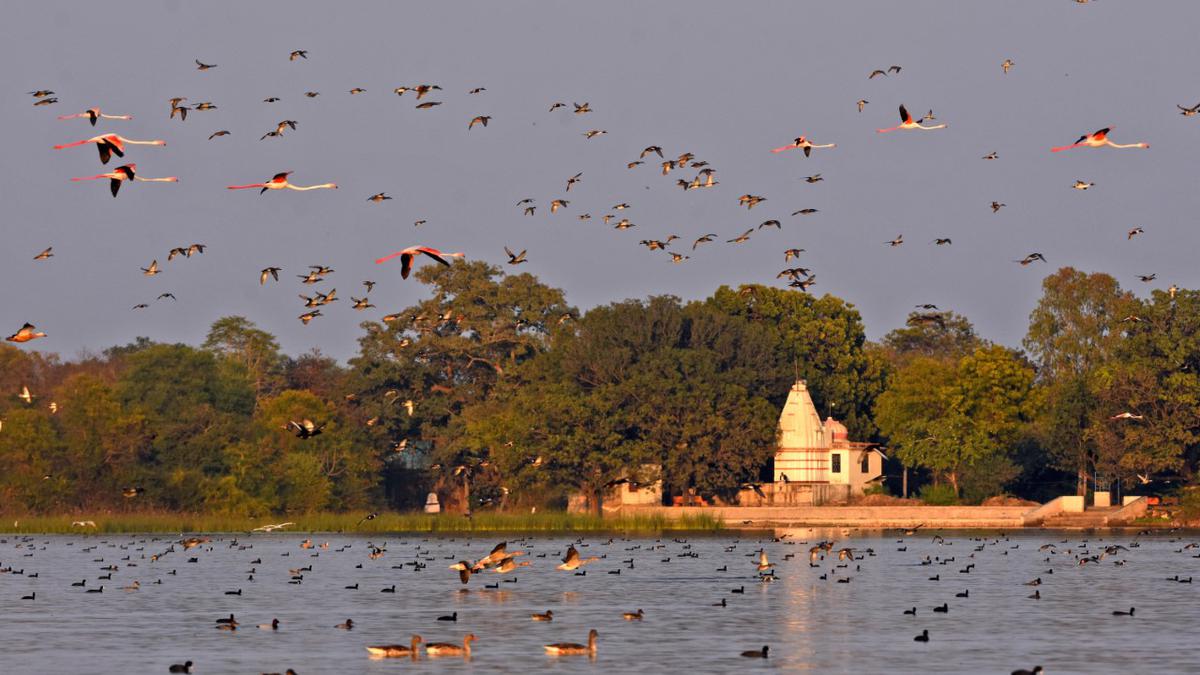
Udaipur’s ‘bird village’ set to be declared wetland
The Hindu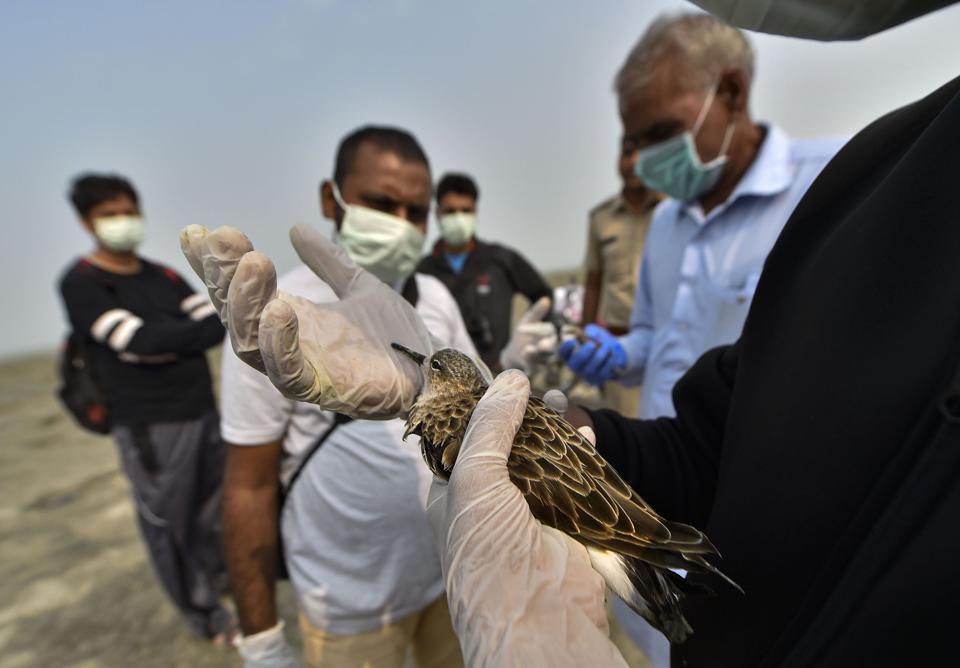
Polluted Sambhar lake to follow Chilika model after deaths of 20,000 migratory birds
Hindustan Times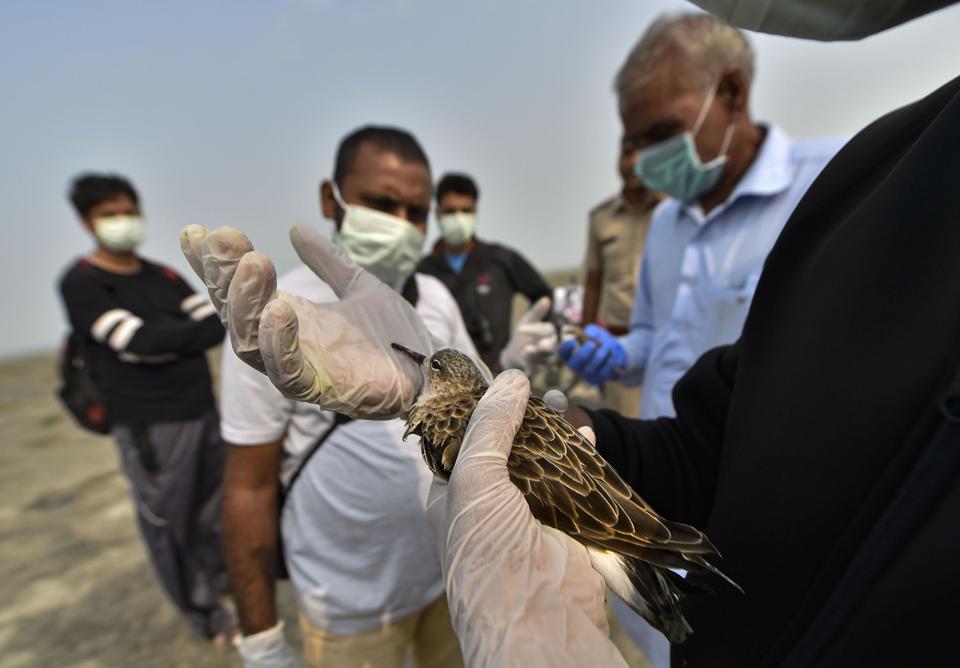
NGT notice to Centre, Rajasthan on bird deaths around Sambhar Lake
Hindustan Times
Mass bird deaths at Sambhar Lake point to problem within
India Today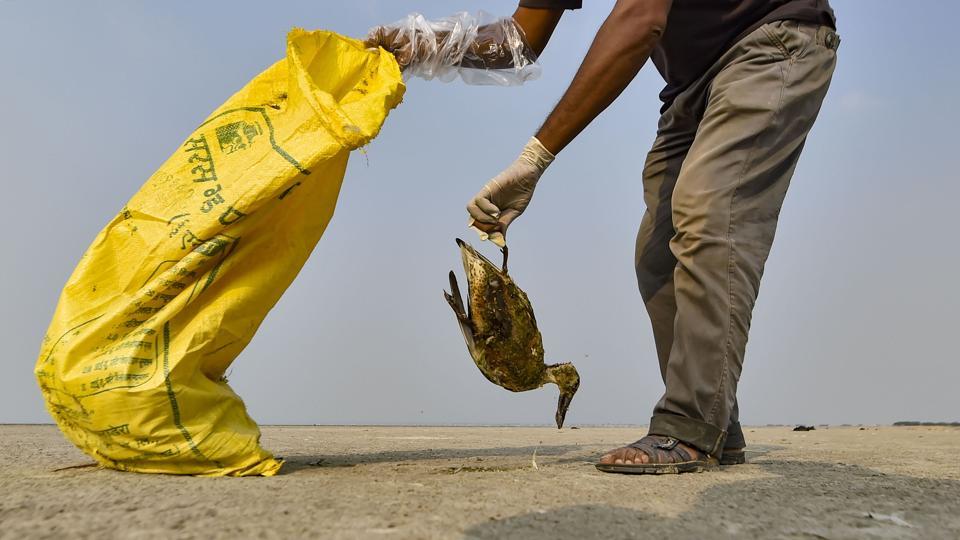
Rajasthan’s Sambhar lake, where 18,000 birds died, among worst wetlands in India
Hindustan Times
‘We have never seen anything like this’: Thousands of birds found dead along shore of India’s biggest saltwater lake
The Independent)
Ashok Gehlot orders probe into deaths of around 1,000 migratory birds around Rajasthan’s Sambhar lake; water samples sent for testing
Firstpost
Thousands of migratory birds die mysteriously in Rajasthan's Sambhar Lake
India TV News
Jaipur: Around 1000 migratory birds dead at Sambhar lake; cause not ascertained
India Today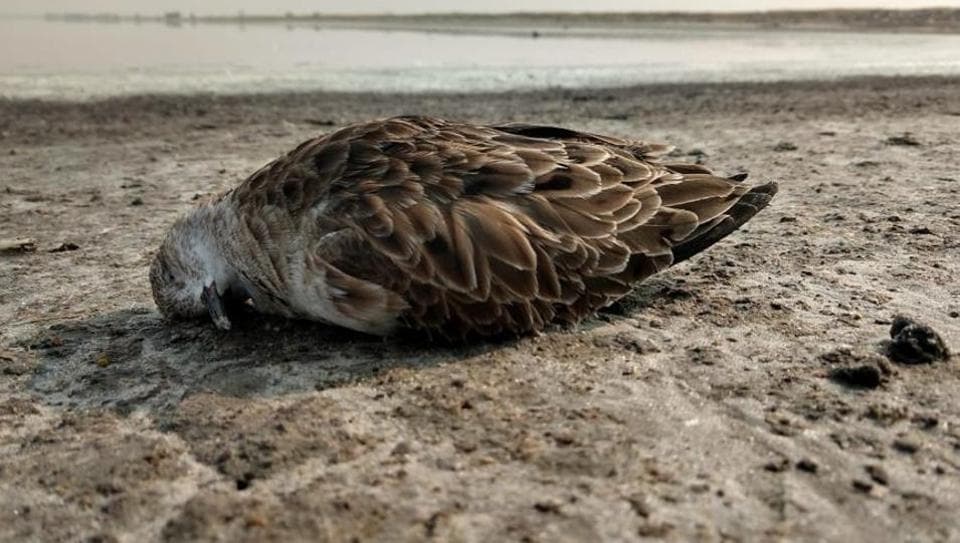
1,000 migratory birds found dead near Sambhar lake in Rajasthan
Hindustan TimesDiscover Related
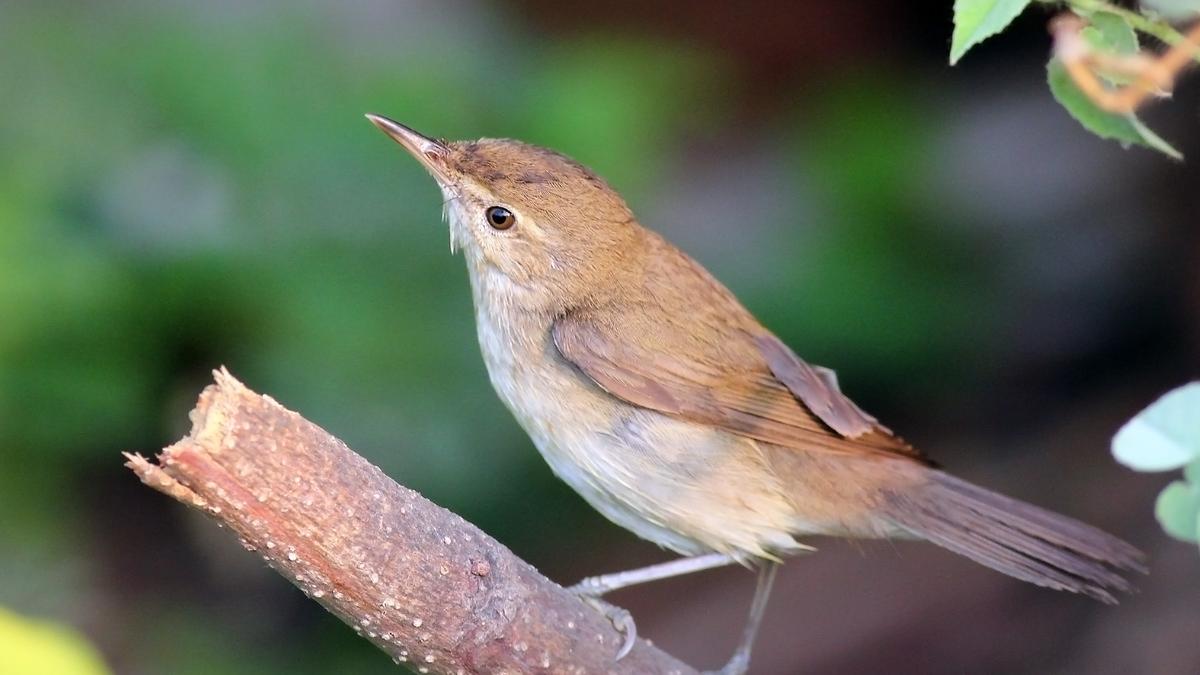

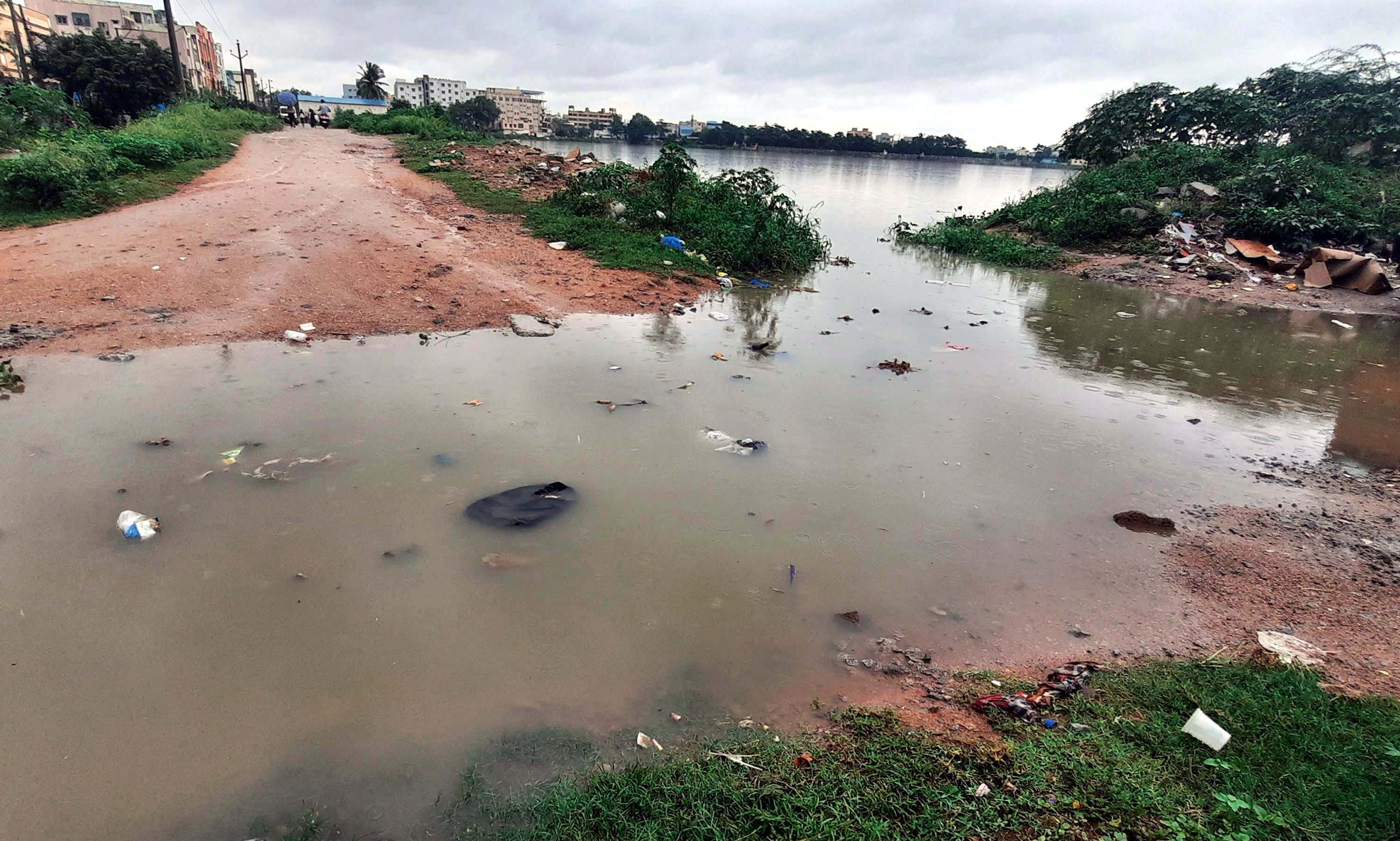




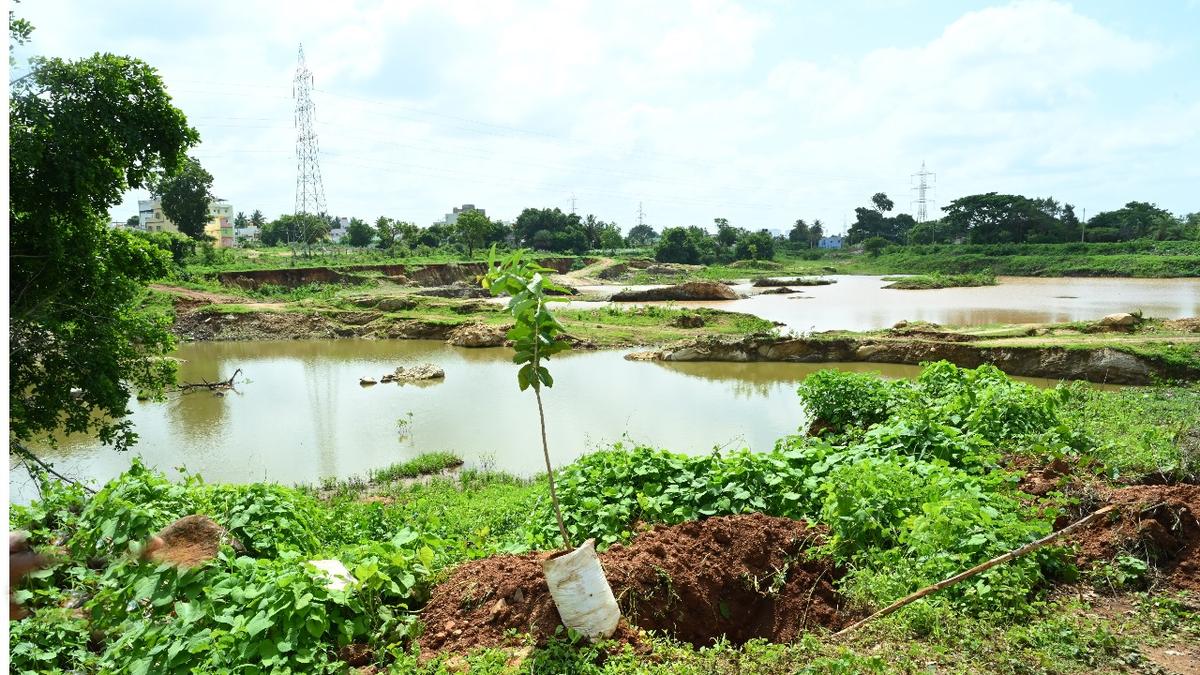

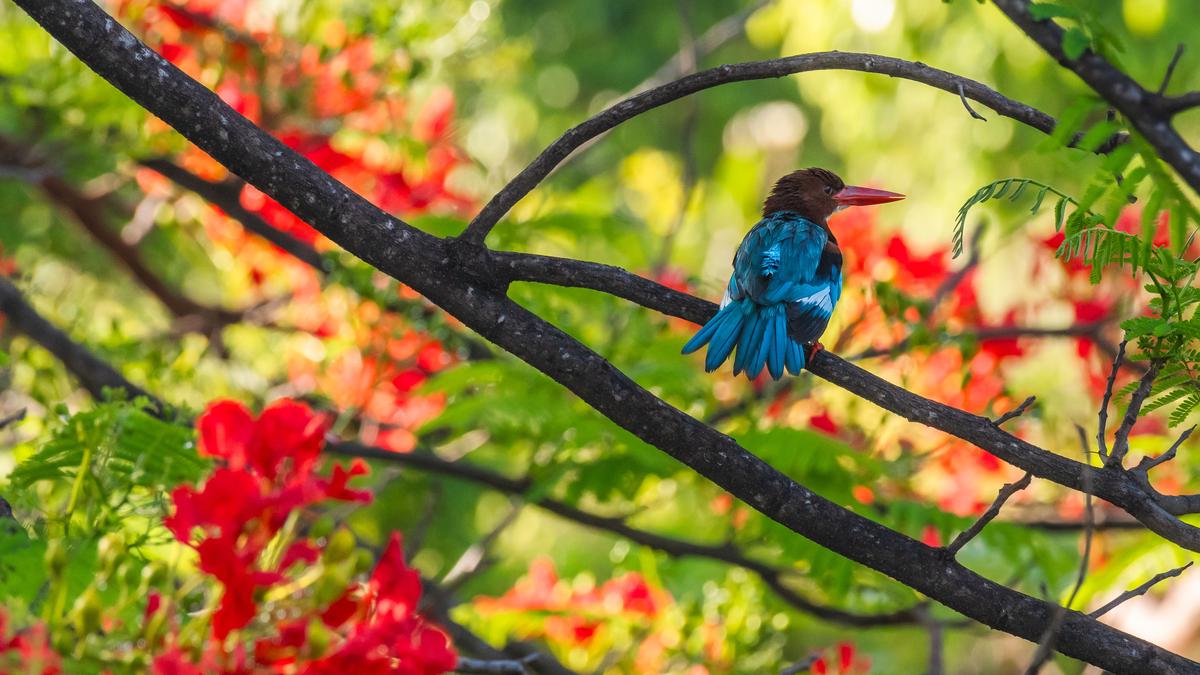


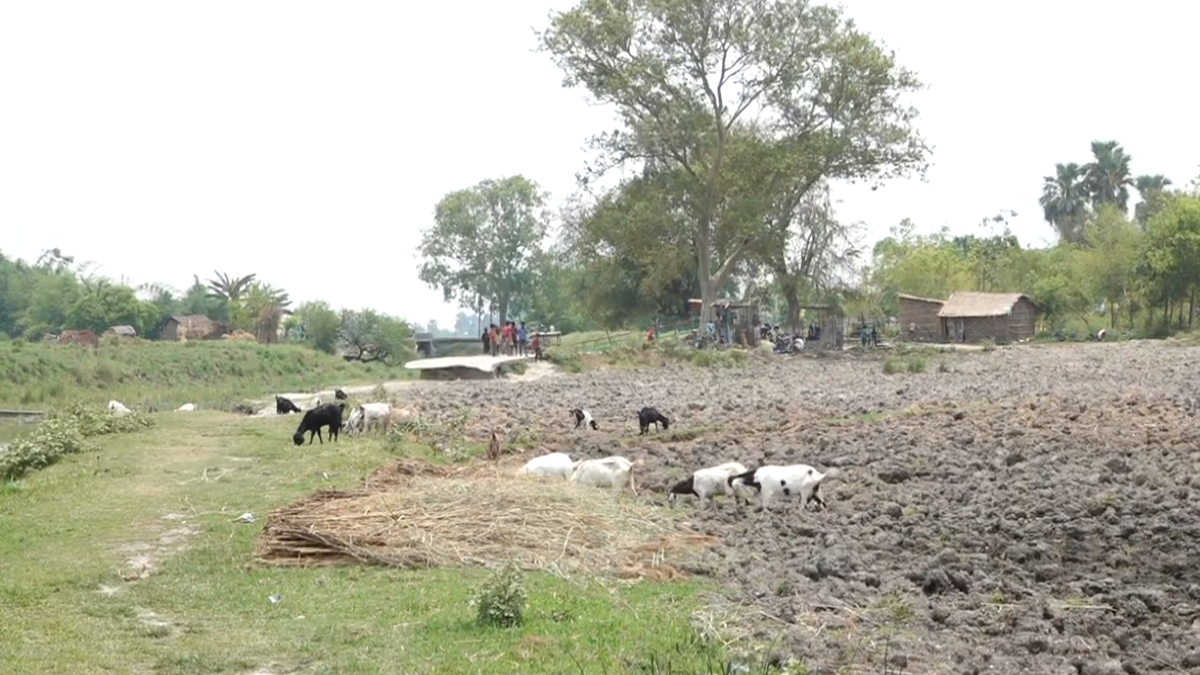
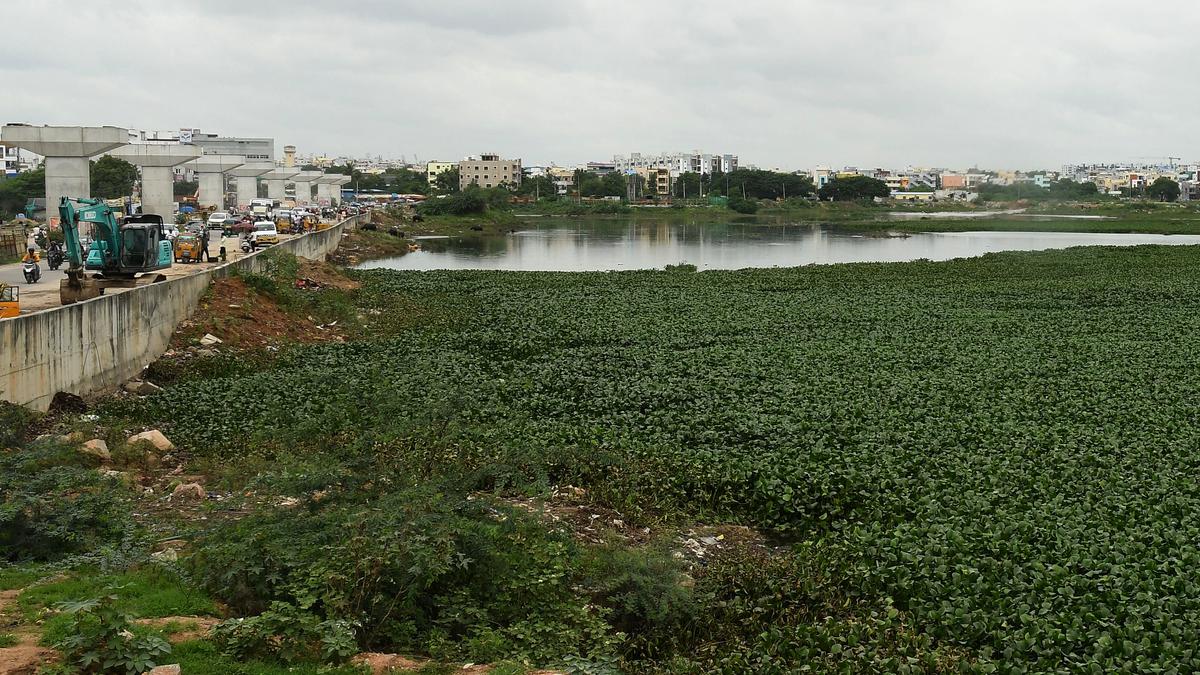
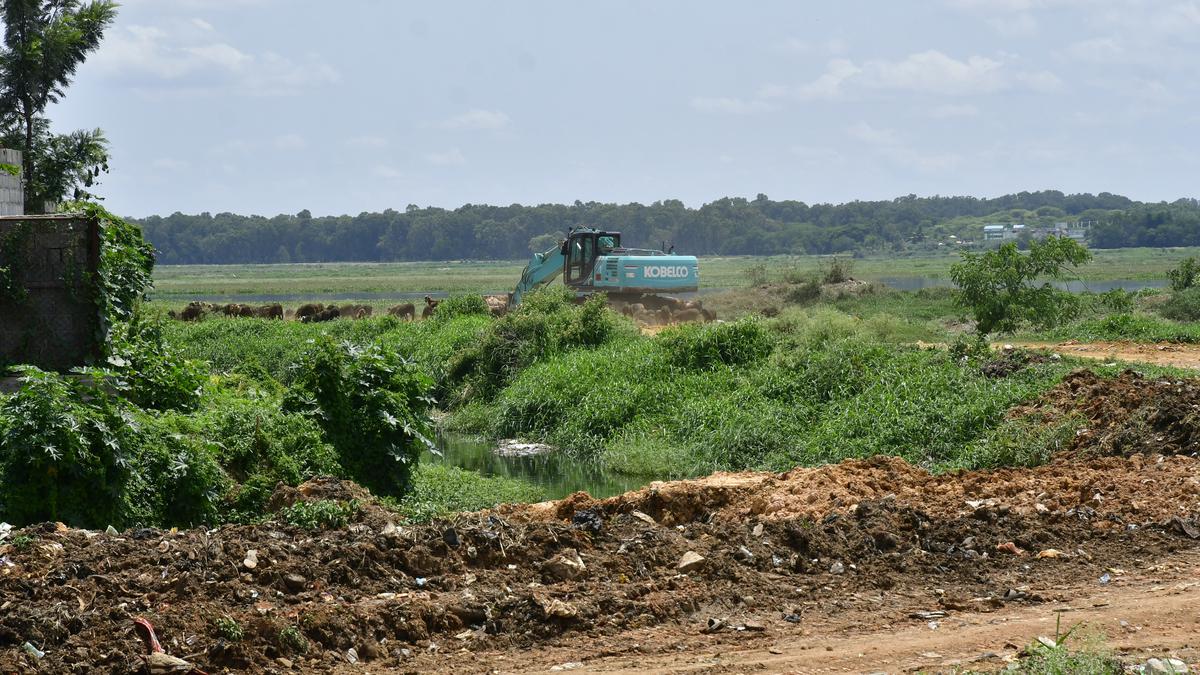
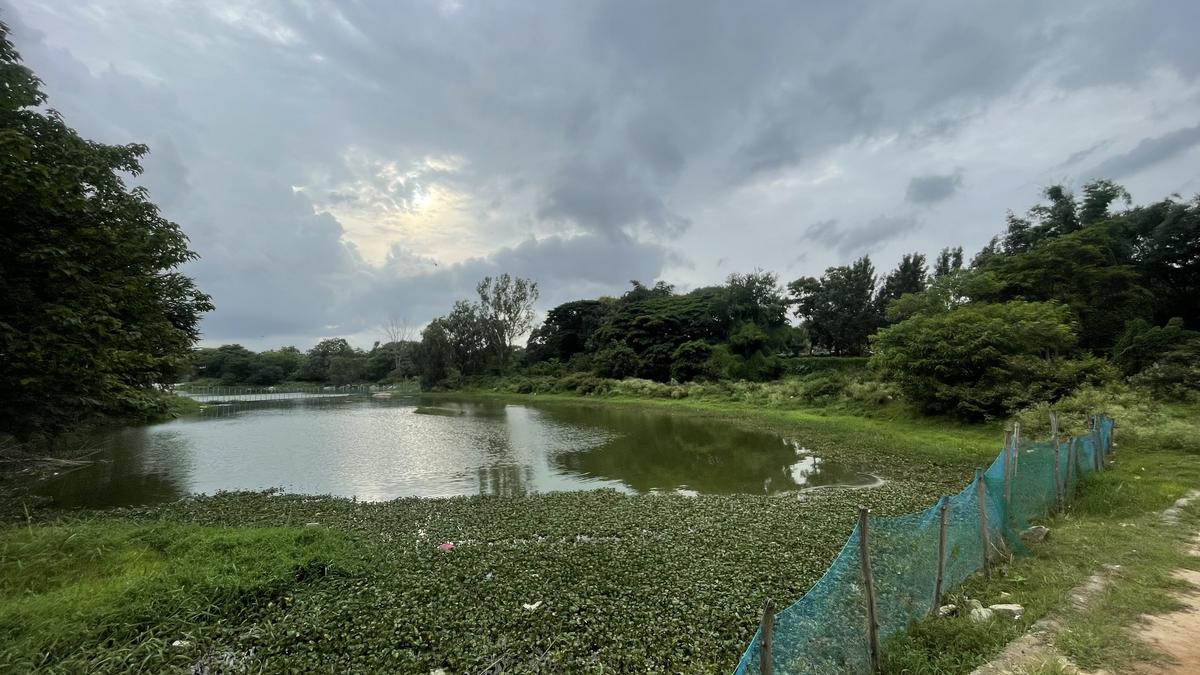
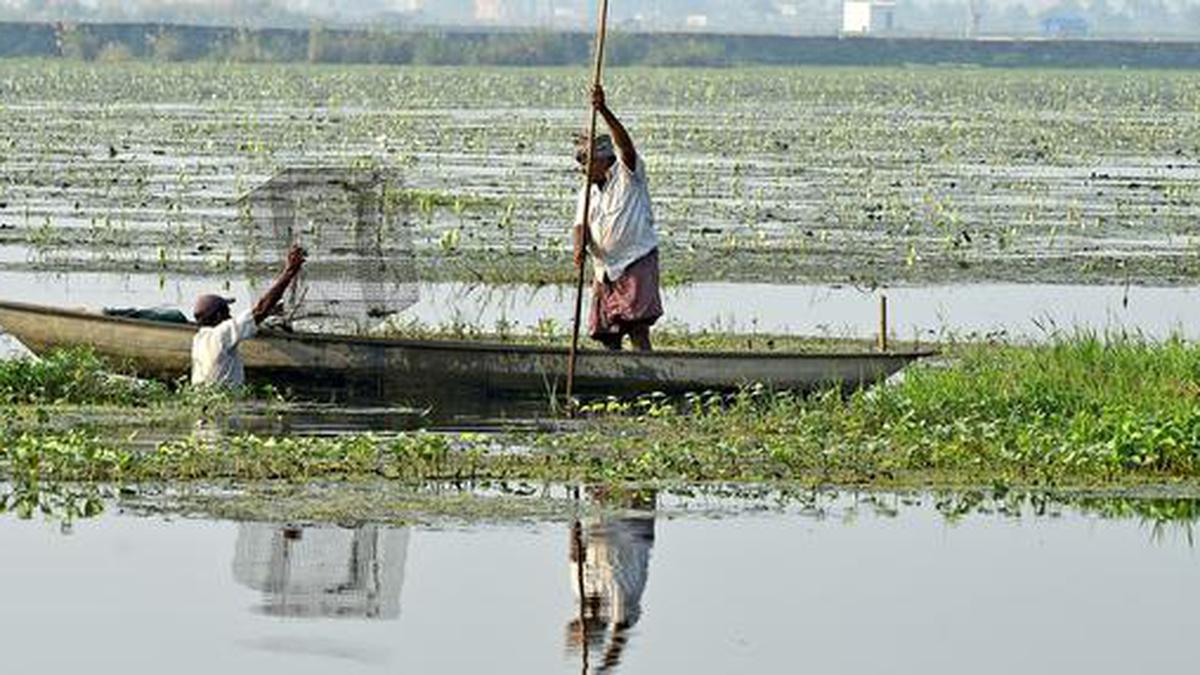
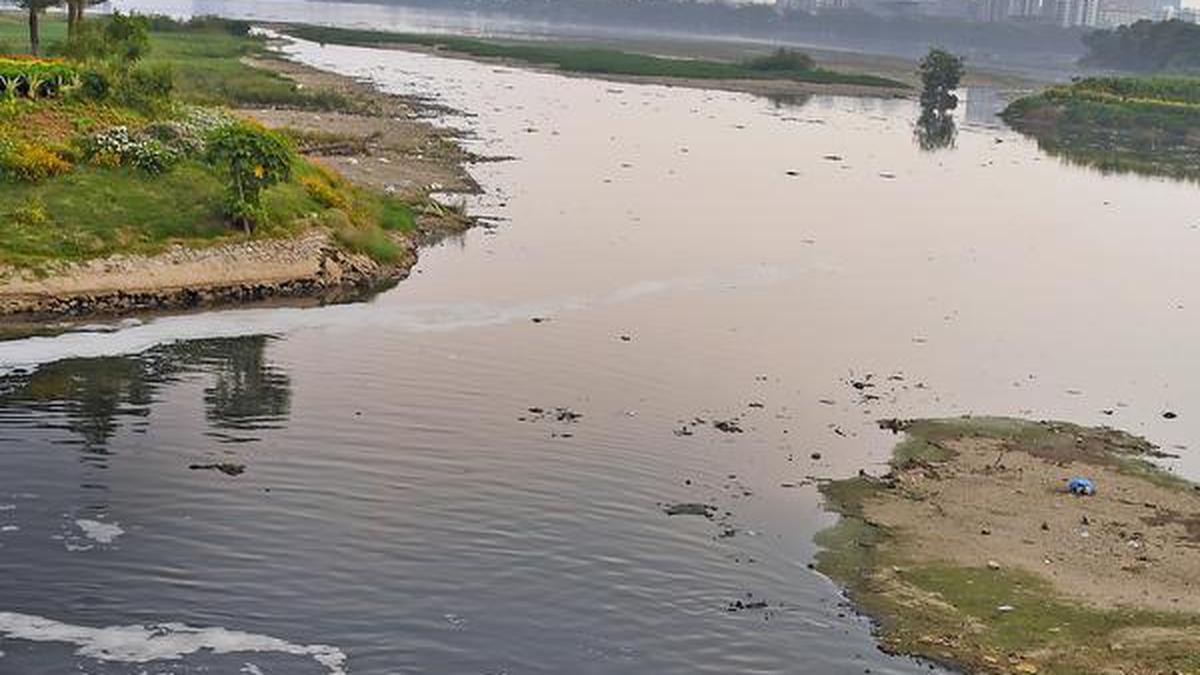
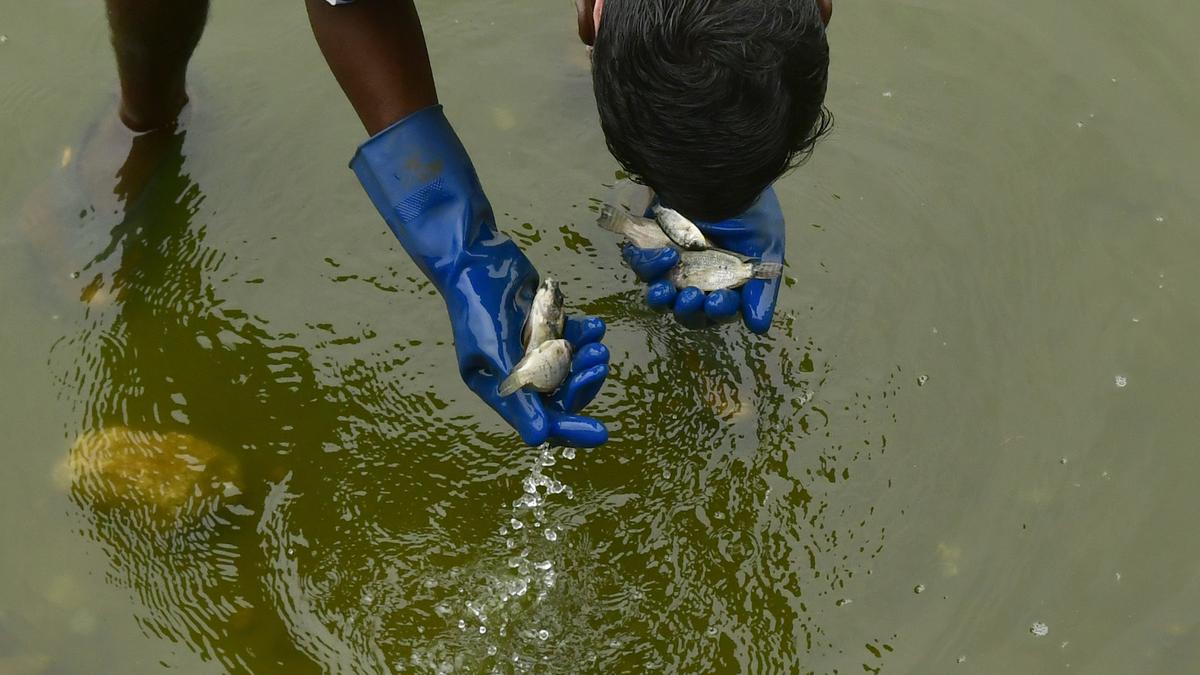
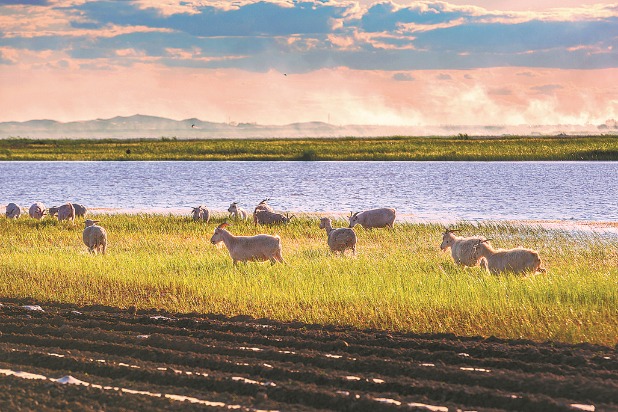




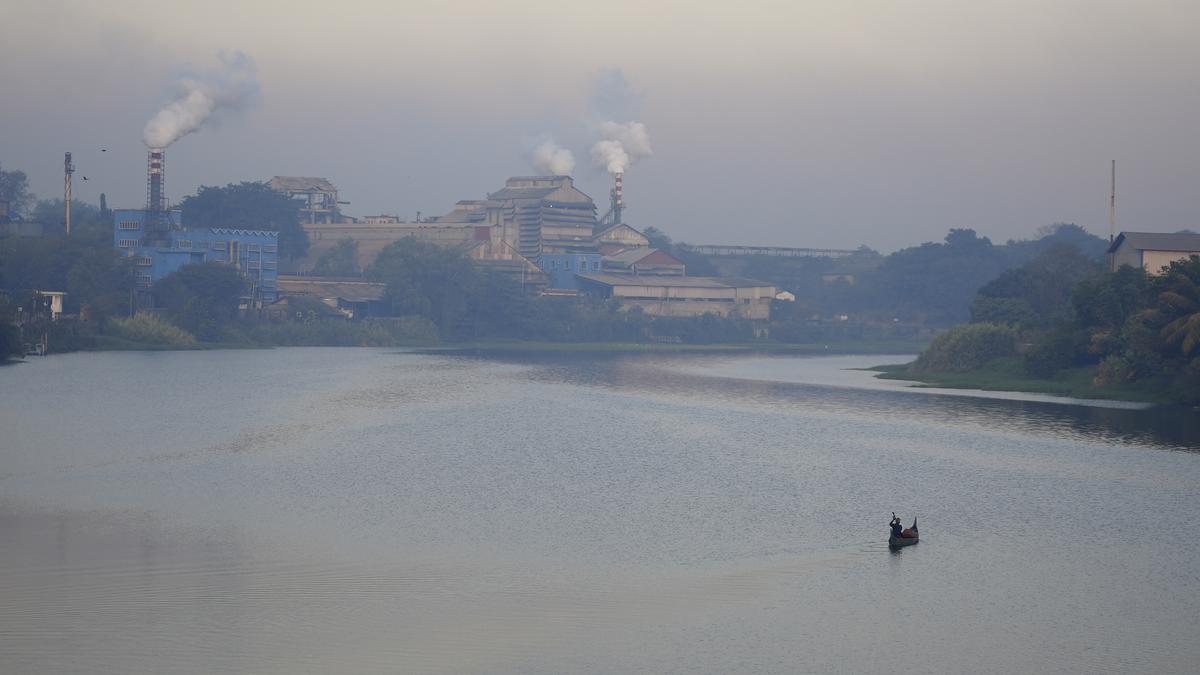
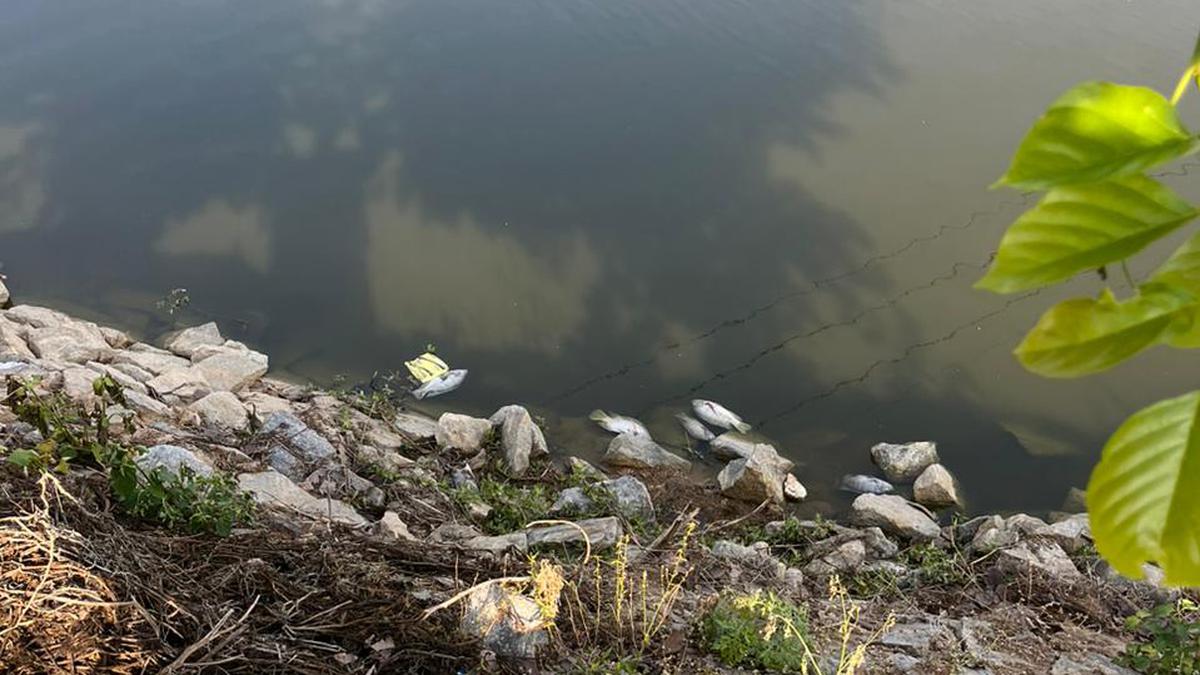

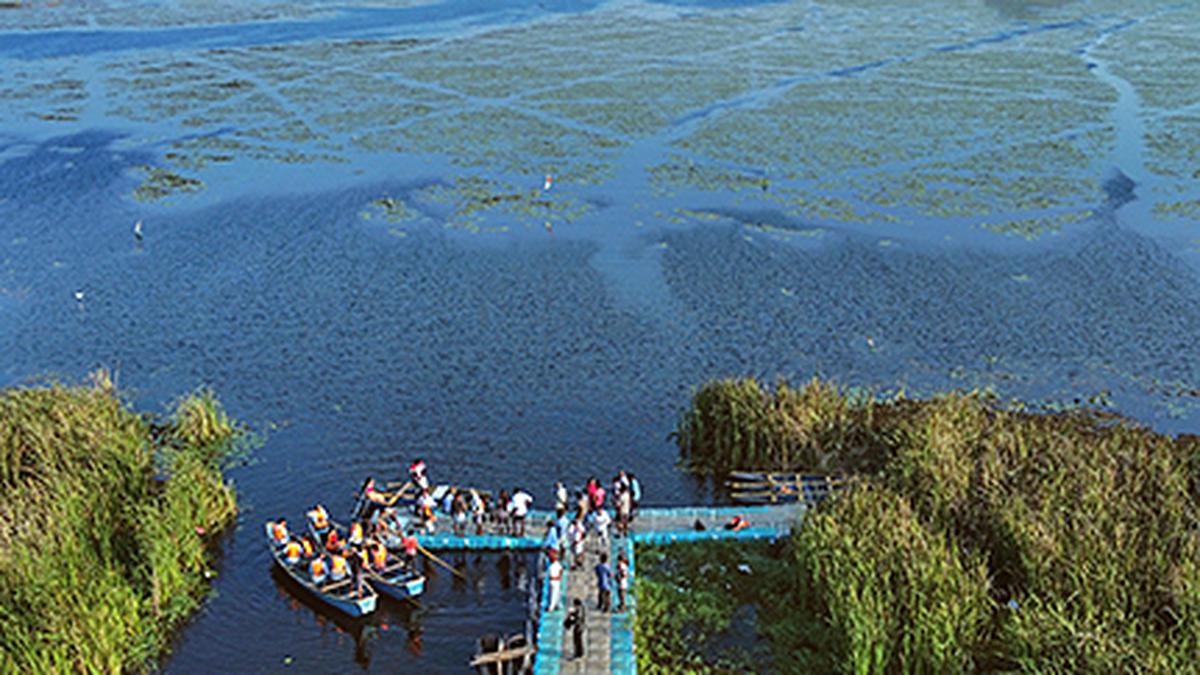
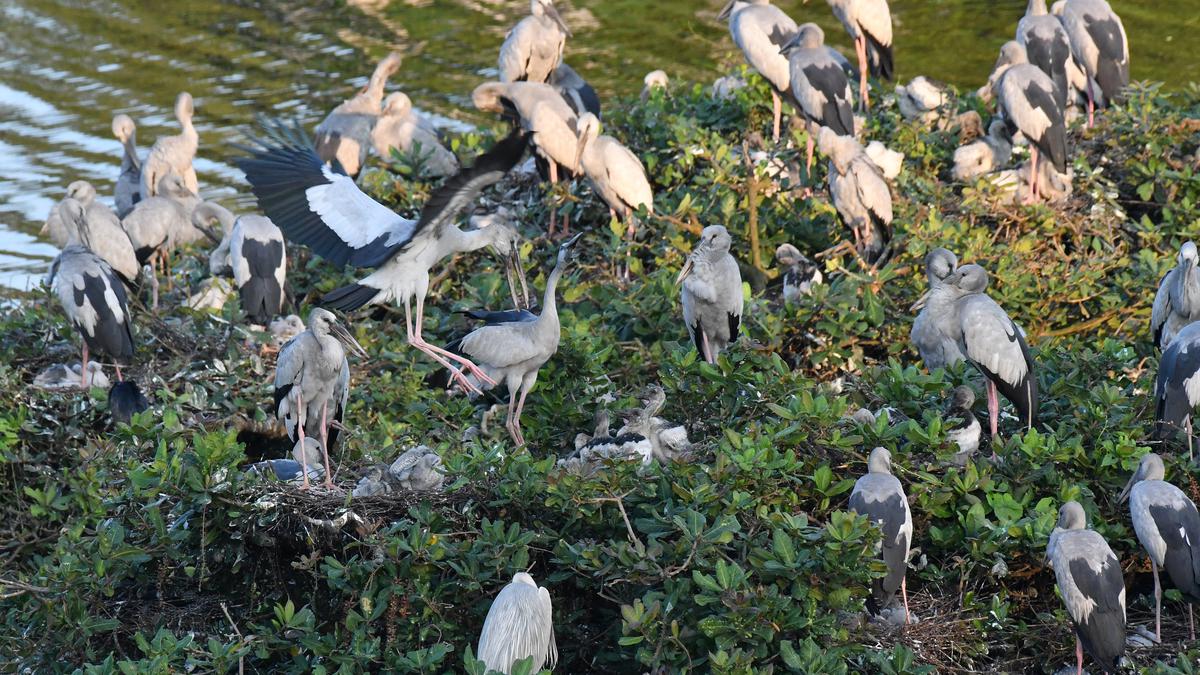

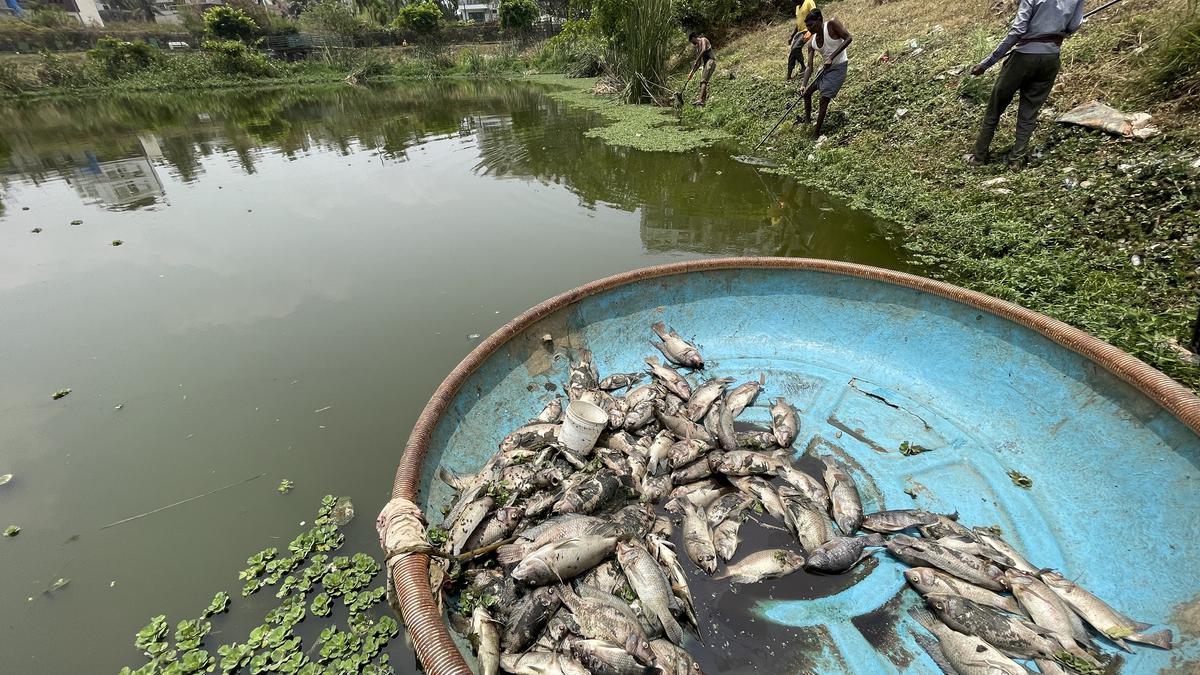
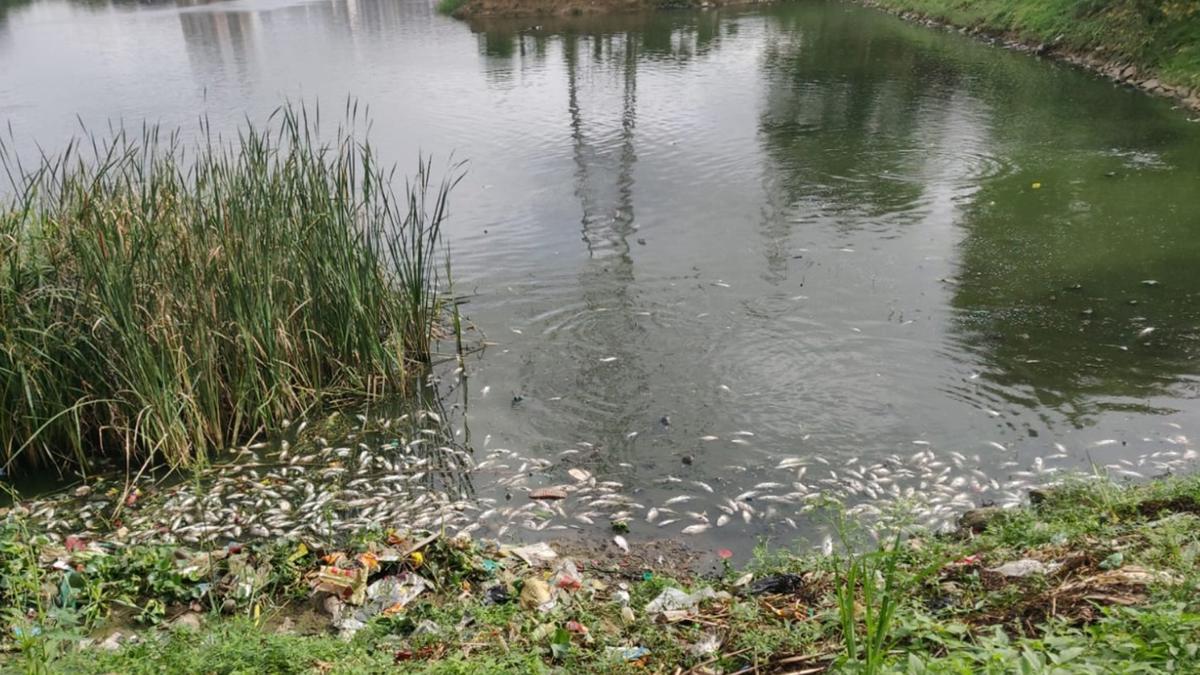
)


